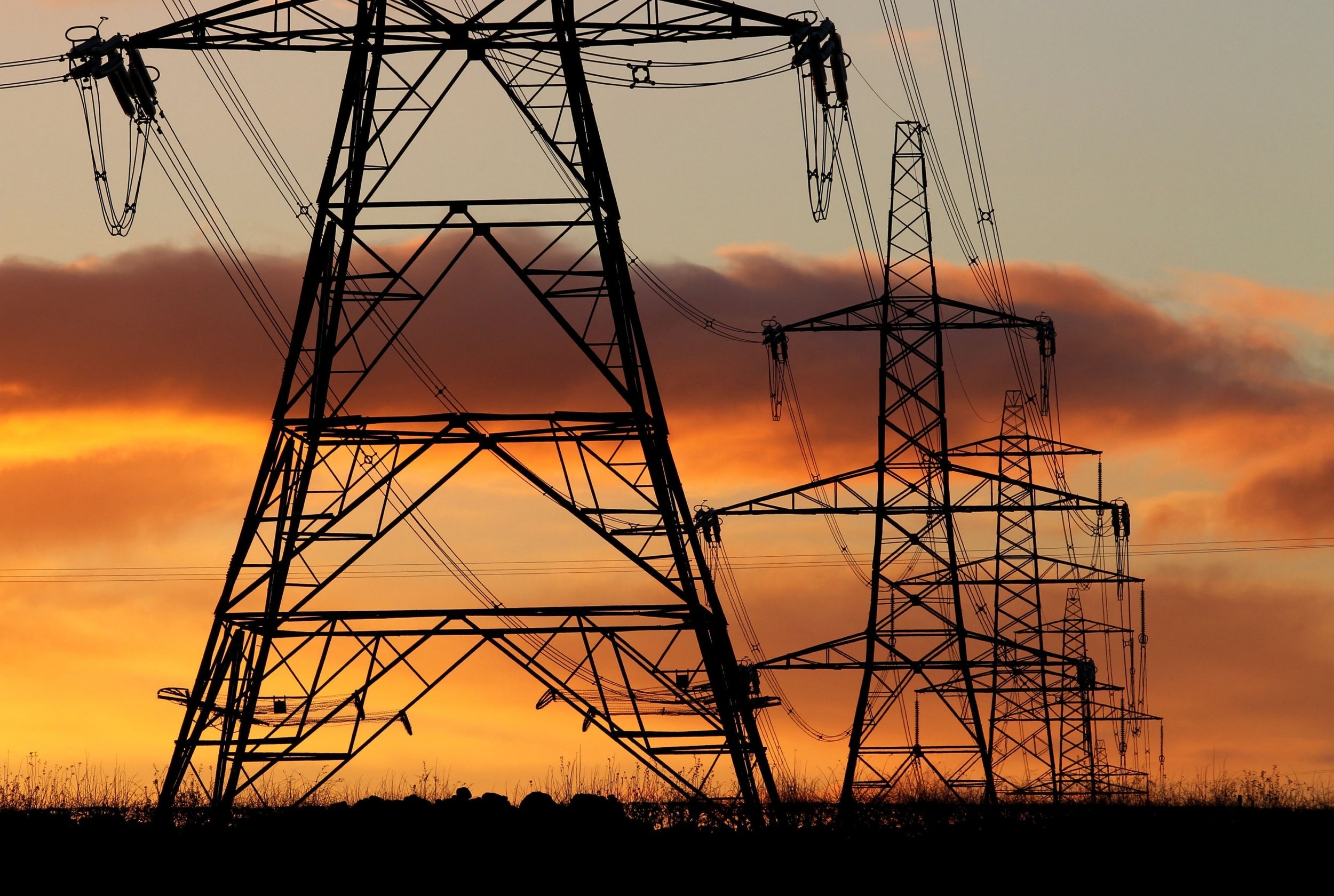Next Labour government will end profiteering by energy companies, saving families hundreds of pounds
Had the energy price cap been set in 2017 at the level proposed by Labour, 11 million households would have saved over £600 each so far

Your support helps us to tell the story
From reproductive rights to climate change to Big Tech, The Independent is on the ground when the story is developing. Whether it's investigating the financials of Elon Musk's pro-Trump PAC or producing our latest documentary, 'The A Word', which shines a light on the American women fighting for reproductive rights, we know how important it is to parse out the facts from the messaging.
At such a critical moment in US history, we need reporters on the ground. Your donation allows us to keep sending journalists to speak to both sides of the story.
The Independent is trusted by Americans across the entire political spectrum. And unlike many other quality news outlets, we choose not to lock Americans out of our reporting and analysis with paywalls. We believe quality journalism should be available to everyone, paid for by those who can afford it.
Your support makes all the difference.From electricity and gas, to mobile phone contracts and council tax, it can feel like keeping track of bills is a job in itself. With many people across Britain working the longest hours on average of any country in Europe, it’s no surprise that nearly a quarter of us have never taken the time to switch our energy provider.
The Labour Party has long argued that the energy market, privatised by Margaret Thatcher in the 1980s, isn’t fit for purpose and we’re being ripped off. Sadly not a year goes by without new price hikes and over-charging, especially for those consumers who aren’t diligently hunting around for a new deal.
It’s shameless profiteering like this that has led to more than one in 10 UK households being in fuel poverty and more than half of all UK adults stating that money worries are affecting their mental health.
That’s why in 2017 we proposed an “emergency price cap” to keep annual energy bills below £1,000. This would have provided some short-term relief for hard-working bill-payers while we brought in long-term changes to fix our broken privatised market.
The Tories had to be dragged kicking and screaming into admitting there was a problem. They did, in the end, promise to bring in their own energy price cap. This promise was followed by 18 months of dither and delay, giving energy companies the time to hike bills up a record number of times. So by the time the Tories finally brought their price cap in at the start of this year, the energy companies had successfully protected their margins by pushing up the average dual-fuel bill and therefore the level of the cap as set by Ofgem.
What’s even more absurd is that even after all this, the first cap introduced in January – designed to save customers £76 a year – was increased by £117 just four months later in April. The cap is now set at £1,254 for customers on regular tariffs.
Had the cap been introduced at the lower level, proposed by Labour, immediately after the 2017 election, the 11 million households currently on the default cap would have saved over £600 each so far.
To add insult to injury, it’s recently been reported that senior industry figures have been lobbying Boris Johnson to scrap even the existing higher cap entirely (see, for example, outgoing Centrica CEO Iain Conn on the Today Programme).
Compare that with the agenda of the next Labour government: we’ll end the privatisation racket, taking the National Grid into public ownership and fundamentally reforming the energy market to bring bills down for British households.
That’s the choice facing voters: a Tory government that’s in the pocket of the big energy companies, or a Labour government led by Jeremy Corbyn that will stand up for you and your family.
Rebecca Long Bailey is Labour’s Shadow Business Secretary
Join our commenting forum
Join thought-provoking conversations, follow other Independent readers and see their replies
Comments